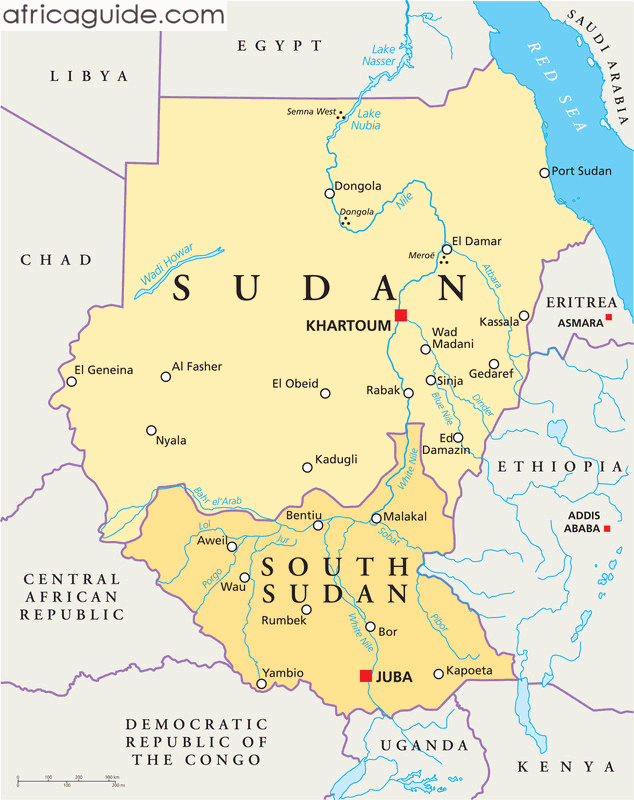A severe cholera outbreak has killed at least 70 people within 48 hours in Khartoum, Sudan, as the capital faces worsening conditions amid an ongoing humanitarian crisis.
According to Khartoum State’s health ministry, 1,177 new cases and 45 deaths were recorded on Tuesday, followed by 942 infections and 25 deaths on Wednesday. This surge comes after drone strikes—allegedly by the paramilitary Rapid Support Forces (RSF)—disrupted water and electricity supplies across the city.
Khartoum has been devastated by over two years of fighting between the Sudanese army and the RSF. Though the army-backed government recently reclaimed much of the city, infrastructure remains in ruins, with nearly 90% of hospitals in conflict zones out of service.
The outbreak is placing immense pressure on an already fragile healthcare system. In the past week alone, 172 cholera-related deaths have been reported nationwide—90% of them in Khartoum. Authorities say 89% of patients in isolation centers are recovering, but deteriorating sanitation and environmental conditions are fueling the spread.
UN Secretary-General António Guterres’ spokesman, Stéphane Dujarric, announced that cholera vaccinations have begun in Jebel Awlia, the worst-hit district. The World Health Organization has also delivered over 22 metric tons of emergency medical supplies.
Despite efforts, the UN’s humanitarian office (OCHA) noted inconsistencies in official data, complicating a clear assessment of the outbreak’s scale. Cholera, already endemic to Sudan, has worsened since the war began. Since August 2024, over 65,000 cases and 1,700 deaths have been reported across 12 of Sudan’s 18 states.
Khartoum alone has seen 7,700 cases and 185 deaths since January—more than 1,000 infections occurred in children under five.
“Sudan is on the brink of a full-scale public health disaster,” warned Eatizaz Yousif, Sudan Director for the International Rescue Committee. She cited ongoing conflict, mass displacement, collapsed infrastructure, and limited access to clean water as major factors driving the resurgence of cholera and other deadly diseases.
Humanitarian groups caution that the approaching rainy season may worsen the crisis by further restricting aid access.
The civil war, which began in April 2023, has killed tens of thousands and displaced around 13 million people. Though more than 34,000 have returned to Khartoum since the army regained control, most have found their homes destroyed and basic services unavailable. UNICEF estimates that over one million children are at risk in the affected areas.

